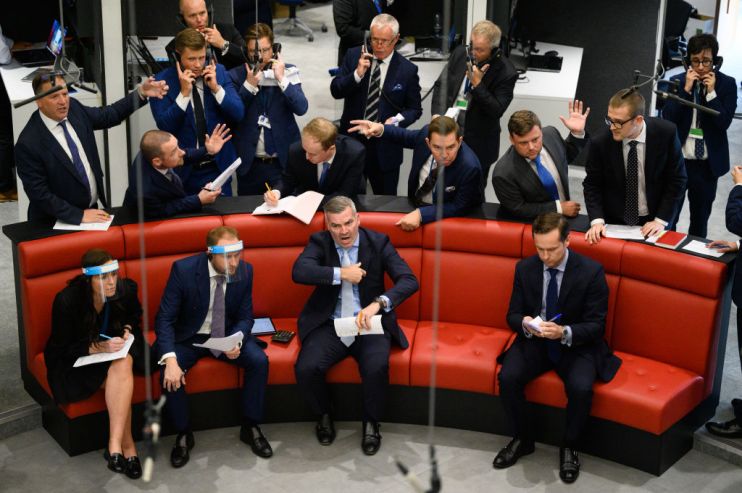London Metal Exchange looks to ‘strengthen’ its position after winning nickel case against Elliott

A court has ruled in favour of the London Metal Exchange (LME) in a case brought against it by Elliott Investment Management for suspending the nickel market in March 2022.
The focal point of the case brought by Elliott was the LME’s decision to suspend the nickel market on March 8th amidst a rush from traders who held short positions to close trades and capitalise on high prices – in part thanks to the Ukraine war.
Trading firm Jane Street also brought a $15m damages case, which was thrown out.
Before LME’s intervention, the world’s largest nickel producer, Tsingshan Holding Co. was staring at a multi-billion pound loss as prices jumped around 250 per cent in just over 24 hours.
The plaintiff and defence argued opposing outcomes from LME’s decision to retroactively cancel $12bn of trades.
Elliott argued it lost up to $450m, while the LME likely bailed out the world’s largest nickel producer.
According to Reuters, the LME countered that it had both the power and the duty to unwind the trades because a record $20bn in margin calls could have led to at least seven clearing members defaulting, systemic risk and a potential “death spiral.”
The LME will hope the decision proves a watershed moment in what has become a threat to its position in the global metals trading market.
In the wake of the crisis, Nicolas Aguzin, chief executive of owner Hong Kong Exchanges and Clearing (HKEX) confirmed the LME will be “strengthening its stewardship of the industry.”
Nickel is widely used for electric car batteries and renewable energy projects, and will become increasingly important amid the shift from fossil fuels to low-carbon-powered vehicles and low-carbon energy generation.
Still, despite growing demand for the commodity, prices have recently slumped to a multi-year low of around $16,000 per ton.